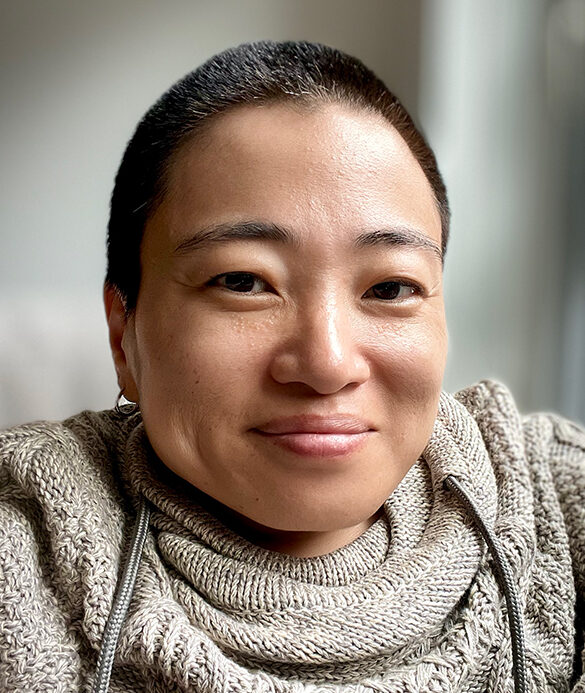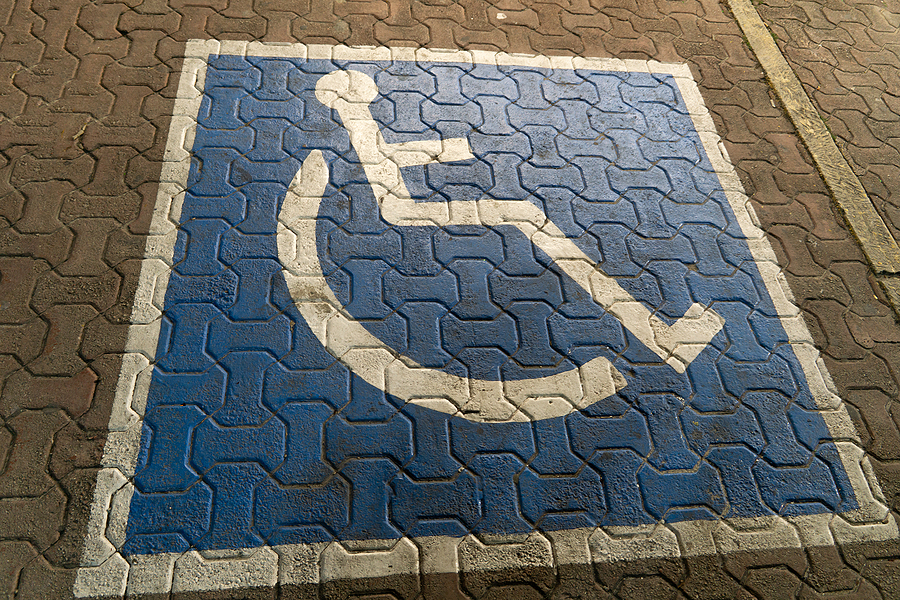Many people, perhaps especially politicians, fundamentally don’t understand the disability community. They tend to believe you’re either disabled and receive all the benefits you need for daily living, or you’re not disabled and don’t deserve any assistance.
Disability isn’t a binary code of ones and zeroes. Disability is a spectrum, and it affects more of us than politicians may realize. Because no matter what, if you’re privileged to live long enough, you will end up with some disability. As we recently celebrated the 35th anniversary of the Americans with Disabilities Act, disabled Americans like myself continue to fight to break through the walls legislators promised to remove in 1990.
Politicians continue to push the misconception that someone can only be considered disabled if the government affirms it after sending them through extensive administrative hoops. The ADA defines disability much more fluidly as “a physical or mental impairment that substantially limits one or more major life activities” or even a history, record or perception of such an impairment.
The framers of the ADA did this intentionally because no two disabilities look the same. Even people with the same disability can have different needs. For my friends with spina bifida, for example, some use power wheelchairs while others can walk. Some can work 40 hours a week, while others can’t work at all.
Still, too many congressional Republicans continue to think disability is binary. Either we’re the deserving poor who need to be taken care of, or we’re lazy stowaways mooching off government assistance. Congressional Republicans and the Trump administration have all stated they aren’t making Medicaid cuts and that the only people who stand to lose Medicaid under the “One Big Beautiful Bill Act” are “able-bodied” Americans. What counts as “able-bodied”? A nurse with severe post-traumatic stress disorder who survived working at a New York City hospital during the pandemic and is now unable to qualify for government aid because she has $2,500 in her bank account? A construction worker with severe work-related arthritis and a high school diploma who’s under 65 years old? Or a Paralympic athlete with a spinal cord injury who holds the 400-meter world record?
The social safety net is intended to help stabilize vulnerable people and often helps people and families either get a solid start or regroup after an emergency. This was evident to me when I was a vocational rehabilitation counselor in North Carolina. I went through hundreds of pages of medical records trying to figure out the effects medical symptoms had on an individual to help decide (1) if they could work and how much, and (2) the types of disability benefit referrals I needed to provide.
I referred many of my clients to apply for Supplemental Security Income, Social Security Disability Insurance, Medicaid and Supplemental Nutrition Assistance Program. Some qualified for benefits, but a majority did not. Many faced difficulties due to administrative burdens, especially if they had mental health disabilities. I found that oftentimes, people who received benefits were more successful at completing occupational training and obtaining work because of the stability their benefits provided.
Between the COVID pandemic, an aging population and delays in obtaining health care, disability rates have risen over the last five years. As former Rep. Major Owens of New York — who played a pivotal part in getting the ADA passed — once stated, disabled people “are not a mysterious, distant ‘them,’ but rather, ourselves.”
Still, the ADA remains inadequate as disabled people nationwide struggle to obtain work, go grocery shopping or get the care they need. More than a million Americans remain stuck in facilities like nursing homes or prisons, often due to barriers that seem to get higher yearly. More will join them as states will likely be forced to cut home and community-based services — a Medicaid optional benefit — due to the changes made in OBBBA.
I plead for Congress to take a hard look at itself and see how the political climate is harming some of its most vulnerable constituents. “With the power and authority of their government fully behind them, combined with their own energies, Americans with disabilities can become the masters of their own fates.” While Rep. Owens was referring to the passage of the ADA, I believe this is still true.
Instead of stripping services from us, the government should focus on developing constructive policies that help everyone, including disabled people, achieve a just and equitable future.


